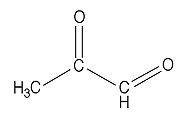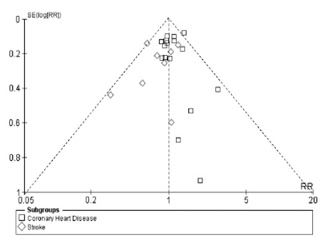Dr. William Davis is a practicing cardiologist in Milwaukee, Wisconsin. He publishes interesting thoughts and practical advice on his Heart Scan Blog. Recently, he suggested measuring your blood sugar one hour after meals in order to determine what foods are best for you. Meals that result in a blood sugar under 110 mg/dL one hour …
The Importance of Humility in Science — A Philosophical Musing For the Weekend
Socrates once said, “All I know is that I know nothing.” Centuries later, St. Paul, the great expounder of Christian theology, ethics, and mysticism, said that “any man who says he knows something does not yet know as he ought.” A very wise faculty member and department head of a science program I once spoke …
The Journal of the American Medical Association Finally Questions Whether the FDA Should be Approving Useless No-Evidence Cholesterol-Lowering Drugs
After the Coronary Primary Prevention Trial, fittingly published in 1984, showed that cholestyramine, a drug that lowers cholesterol by causing its conversion to bile acids, could reduce the risk of heart attacks, cholesterol was widely villainized as a killer. From then on, the decades-old campaign of the American Heart Association against eggs and butter was …

When Glucose Makes a Mess
In my Cholesterol Podcast on the Livin’ La Vida Low-Carb Show with Jimmy Moore, I offered the view that atherosclerosis and many other degenerative diseases can be seen as a process of oxidative damage wherein polyunsaturated fatty acids (PUFAs) get damaged by toxins, heavy metals, and byproducts of normal metabolism, break into pieces, and then …
Weston Price’s Activator X — Cure for Cancer?
Those of you reading The Daily Lipid from my web site, Cholesterol-And-Health.Com might also be interested in reading my other blog on the Weston A. Price Foundation’s web site, Mother Nature Obeyed. The title is taken from the conclusion with which Price ended his epic work Nutrition and Physical Degeneration: “Life in all its fullness …

Saturated Fat Is Not Associated With CVD, Evidence of Publication Bias
A recent meta-analysis in the American Journal of Clinical Nutrition pooled together data from 21 unique studies that included almost 350,000 people, about 11,000 of whom developed cardiovascular disease (CVD), tracked for an average of 14 years, and concluded that there is no relationship between the intake of saturated fat and the incidence of heart …